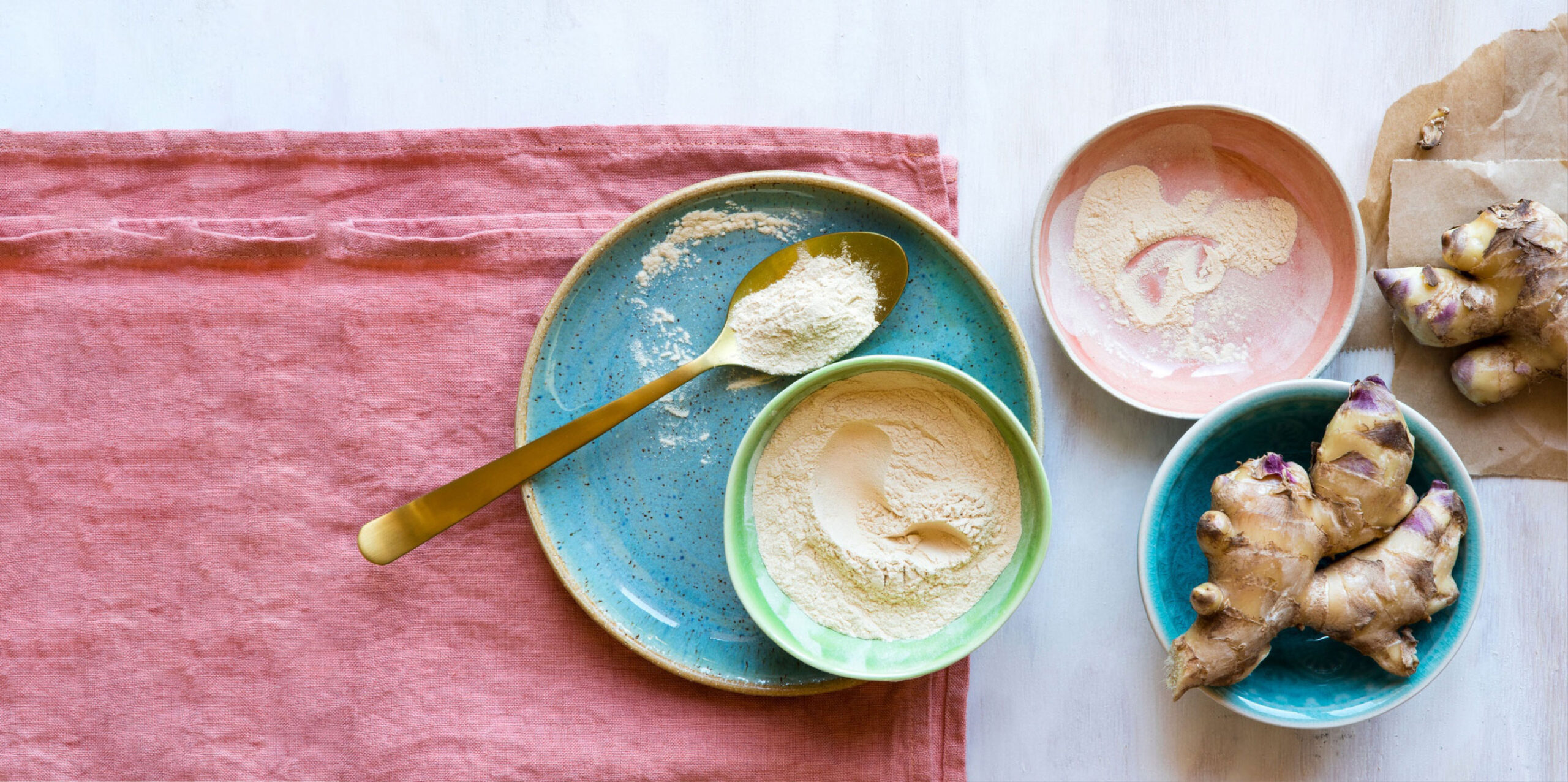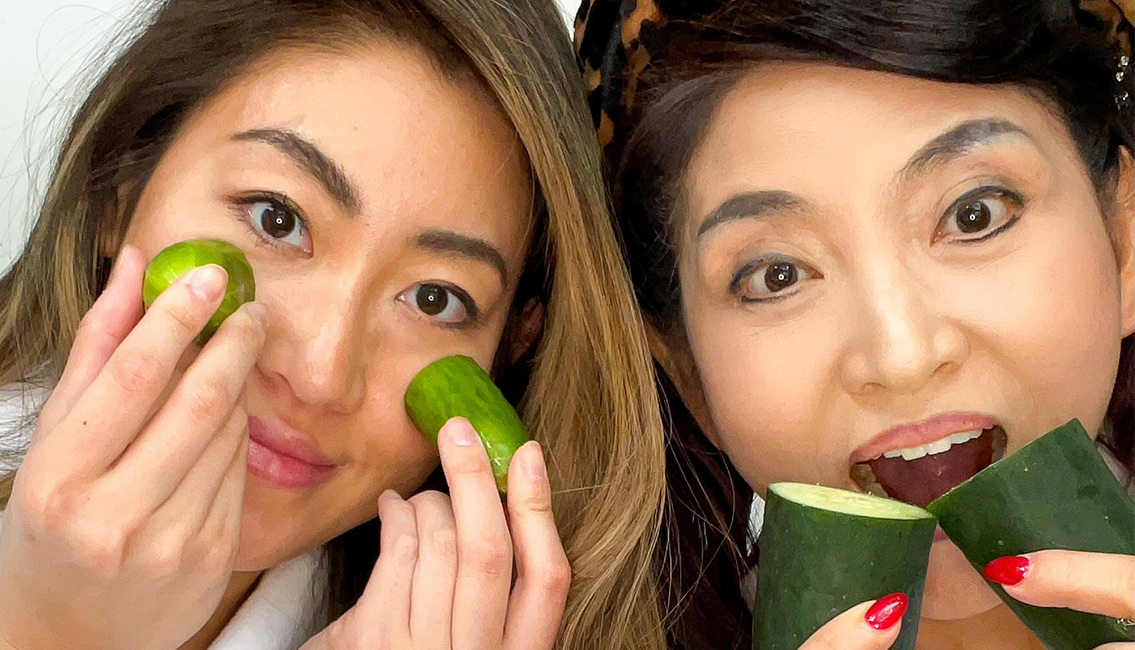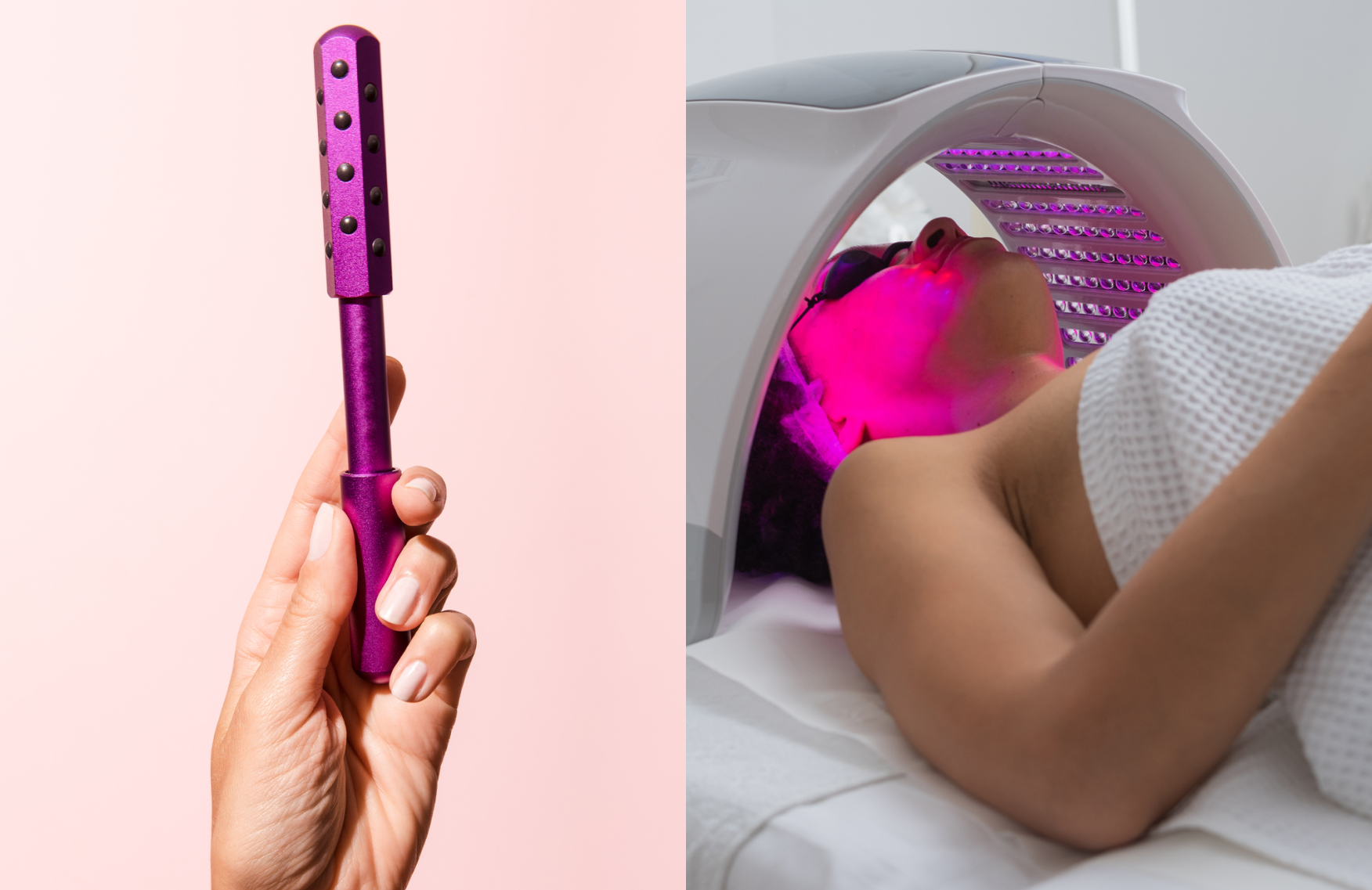Are collagen ingestibles a scam? Or the secret to your best skin? An internal medicine MD (and beloved skinfluencer) tells all

As an internal medicine physician, some of my most frequently asked questions are how to increase collagen levels and is collagen a scam. And with so many collagen-infused products (such as collagen creamer and collagen drinks) making bold claims—Smoother, plumper skin! Reduced joint pain!—I can see why. But before you add that collagen product to your cart, here are some truths you should know.
But first, why is everyone obsessed with collagen now?
According to Medical News Today, “Collagen is the most abundant protein in the human body, found in the bones, muscles, skin and tendons. It is the substance that holds the body together. Collagen forms a scaffold to provide strength and structure.” In other words, it’s what’s responsible for giving skin elasticity, firmness and strength (aka the key to preventing skin aging symptoms like fine lines, wrinkles and sagging).
The issue, however, is that we lose this collagen protein over time. As we age, we naturally produce less of it, but there are also lifestyle factors that lead to the destruction of collagen. The worst offenders? Smoking, sunlight and a poor diet. The result? Skin loses its flexibility and strength, becomes thinner, and looks less full and firm. Areas with sun damage may even show changes in pigmentation, and blood vessels may become more fragile and susceptible to bruising.
Yes, you can *technically* eat your way to healthy skin
Just like foods and nutrients can be preventative or helpful like medicine, they can also be instrumental in skin health. The production of collagen is the result of a chemical reaction of its building blocks (amino acids), plus vitamins and minerals like vitamin C, zinc and copper. By eating healthy foods or taking a dietary supplement containing these vitamins and minerals, you can get a one-two punch of helping to build up collagen production naturally in your body and protecting your skin’s existing collagen from diminishing further.
Eat these regularly to try to help boost collagen production:
- Bone broth: Bone broth is one of the few foods that actually contains collagen, but not all bone broths are created equal. The best option? Making your own with bones from your local butcher.
- Chicken: Eat it on the bone (or go for the organs—sorry if that doesn’t exactly sound appetizing!) to get the most bang for your collagen buck.
- Fish: We’re talking the whole fish here. Eyes, head, scales and skin for all those omega-3 fatty acids.
- Egg whites: They contain high level of proline, an amino acid group necessary to help create collagen.
- Beans: For my veg/vegan friends, these legumes are a great way to get essential amino acids and copper.
- Cashews: They’re full of zinc and copper, which help create enzymes for collagen production.
- Vitamin C: An important cofactor involved in the biosynthesis of collagen. Citrus fruits, red peppers and tomatoes are all great options here.
- Garlic: Delicious and loaded with sulfur, which we also need to help produce collagen.
- Dark leafy greens: They’re high in chlorophyll and antioxidants, which help prevent collagen levels from breaking down.
To really reap the collagen-boosting benefits of these foods, you’ll want to avoid refined sugars and complex carbs, since high-glycemic index foods cause inflammation, which—you guessed it—breaks down collagen. And if you don’t get enough of these vitamins and minerals from food, a dietary supplement can be key.
Do collagen supplements work?
The studies I’ve seen seem promising, but there needs to be more data for me to make a definitive call. That said, if you have a healthy lifestyle already, they can’t hurt.
You should also prepare for sticker shock. The correct way to formulate collagen supplements is expensive—that’s why they come with such a steep price tag. So do your research and make sure you buy a collagen product from a reputable brand known for quality formulas based in science to get the best results.
The bottom line
There’s no magic potion that’s going to give you better skin or healthy skin if you aren’t taking care of yourself in other ways. You can spend all the money in the world on ingestible collagen, but if you’re doing things that break down collagen regularly—like eating high-glycemic index foods, smoking and not wearing sunscreen—it won’t be worth your investment. It starts with getting those collagen-friendly nutrients from food, multivitamins or mineral supplements.
The views expressed in this article do not necessarily represent the views of Murad, and are for informational purposes only, even if the advice of physicians and medical practitioners are included. This article is not a substitute for professional medical advice, diagnosis or treatment, and should not be considered specific medical advice.



